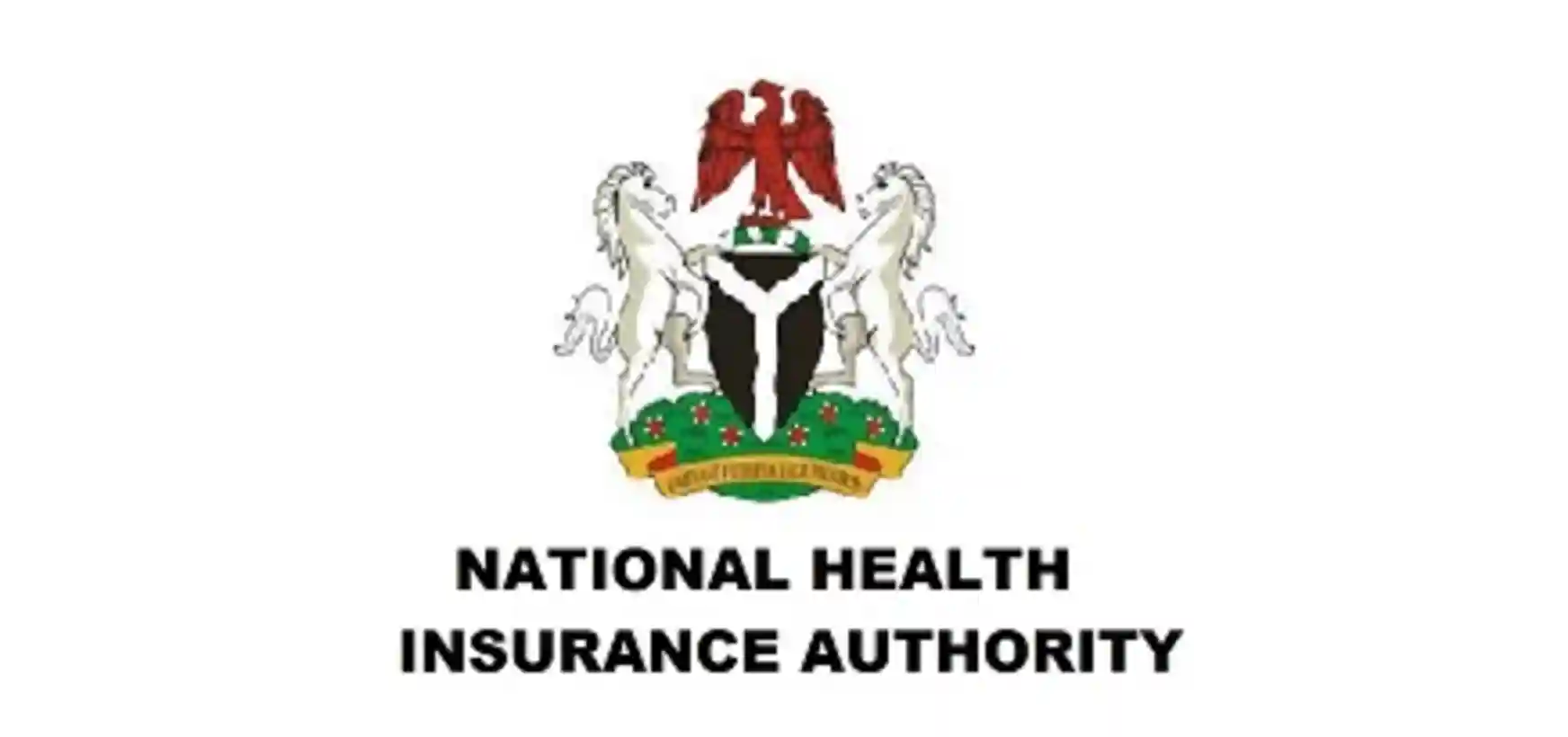Dear readers, there is a new sheriff in town.
And as always, whenever there is a new government, they come with outrageous goals pertaining to healthcare. Free maternal health. Free cancer treatment. Free healthcare for under five children. Free surgeries. Free medication. Free testing. Etc
So many promises, so little funding. Let me tell you a story.
Sometime ago, at a government hospital, a fight broke out between a man who had brought his wife to the labour room and the midwife on duty. The shouting match quickly escalated with the man landing a hot slap on the nurse’s cheek and her retaliating with a hefty blow not befitting of her small stature. Before you could say Jack Robinson, chaos had erupted everywhere, and other staff had to quickly drag them apart.
The cause of the squabble?
- Police arrest man, girlfriend over sale of month-old baby
- Residents recount ordeals as flood submerges 116 houses in FCT estate
The midwife had given the husband a list which contained the standard items required for conducting a delivery: surgical gloves, sutures, surgical blade, sanitary pads and detergents for cleaning the couch. The man argued that he heard over the radio that maternal services were free in the state general hospital and therefore would not buy anything. He was adamant that the midwife was trying to cheat him even when other men told him that they had all bought the items. His governor had declared free antennal and delivery services in all general hospitals across the state, so why was the hospital trying to trick him? He had no money to pay and insisted that his wife must be delivered of her baby.
Apppaling, really, when you think about it. However, these are the misunderstandings that happen everyday in hospitals.
Politicians will tell the public that healthcare is free but will not tell them that they have not funded the hospitals enough to take care of the needs of the public. Because how can a thirty-bed labour room of a general hospital be allocated four bags of 350g detergent powder for an entire month? Why will the room not stink? Stench of liquor, blood, urine and faeces. Why wont the department then decide to bring out a protocol ensuring that each pregnant woman provides some basic amenities when she comes to deliver? Basic amenities that do not amount to more than five thousand naira?? What is the cost of these items when compared to the actual cost of delivery?
When Nigerians talk about free healthcare, they like to refer to the UK. The model country that exemplifies free health care by providing public healthcare to all permanent residents, a population of about 58 million people. Healthcare coverage is free at the point of need and is paid for by general taxation. About 18% of a citizen’s income tax goes towards healthcare, which is about 4.5% of the average citizen’s income.
The UK’s health budget of day-to-day revenue spending for 2022/23: £71.5bn (37%) was spent on NHS provider staff costs. £32.1bn (17%) was spent on procurement and £14.9bn (8%) was spent on primary care. Therefore, about £120bn is spent on a population of only about 58million.
You can imagine therefore, a governor of a state in Nigeria, with less than one hundredth of these funds at his disposal claiming to provide free healthcare to a population of more than fifteen million. Do they have an idea of how much healthcare costs?
One of my lecturers in Health policy class had a favourite saying: ‘For education and healthcare to be qualitative, they cannot be free’.
They say politics is ‘showmanship’. Therefore, the politicians are more concerned with showcasing the fact that they have provided free healthcare as supposed to quality healthcare.
Globally, the emphasis is usually on Universal Health Care (UHC). A common definition of UHC in plain terms, is that all people who require any essential healthcare services, including but not limited to promotion, prevention and treatment, are able to access services without financial stress. Other definitions include the desired outcome of health system performance. However, this definition varies from that of quality of care. Quality of healthcare is defined as providing the highest possible level of health with the available resources. It has been categorised under service quality (e.g. patient satisfaction, responsiveness) and technical quality (e.g. adherence to clinical guidelines).
In Nigeria, the focus is on achieving UHC. Quantity over Quality. Government hospitals are overcrowded, stinking and stacked with poor quality drugs. The so called ‘free drugs’ dispensed are of such low quality that they fail to treat the condition for which they have been prescribed. If not, how can a child be given an anticonvulsant drug and still be convulsing? How do you give PCM and still be tepid sponging two hours later because the drug is yet to start working? How can a person be on antihypertensives and yet the blood pressure still fails to reduce?
There is an orthopaedic surgeon I know who will never operate on a patient in a government facility without first seeing your post-operative medication. He will only go ahead with the surgery when he confirms that the right (and most times, the more expensive) medication has been bought. His reason is that he cannot operate on a patient only for low budget antibiotics to allow infection to spoil his surgery.
Poor quality health services are holding back progress on improving health in countries at all income levels, according to a new joint report by the OECD, World Health Organization (WHO) and the World Bank.
Today, inaccurate diagnosis, medication errors, inappropriate or unnecessary treatment, inadequate or unsafe clinical facilities or practices, or providers who lack adequate training and expertise prevail in all countries.
The situation is worse in low and middle-income countries like Nigeria, where ten percent of hospitalized patients can expect to acquire an infection during their stay, as compared to seven percent in high income countries. A patient comes to the hospital for one disease and leaves with another. This is despite hospital acquired infections being easily avoided through better hygiene, improved infection control practices and appropriate use of antimicrobials.
In all honesty, free healthcare is a myth. For healthcare to qualitative, it cannot be free. The way a country finances its health care system is a critical determinant for reaching universal health coverage (UHC). This is so because it determines whether the health services that are available are affordable to those that need them. In Nigeria, the health sector is financed through different sources and mechanisms. The difference in the proportionate contribution from these stated sources determine the extent to which such health sector will go in achieving successful health care financing system. Unfortunately, in Nigeria, achieving the correct blend of these sources remains a challenge.
The Nigerian government cannot sustain free healthcare services. So far, the National Health Insurance Authority (NHIA) in Nigeria has succeeded in enrolling only a minute fraction of the population. The vast majority of the population living below the poverty margin in the informal sector of the economy have remained unreached by NHIA due to a general lack of awareness and scepticism.
In recent times, many states of the federation have implemented a social health insurance scheme. This is with a view to achieving universal health coverage in their states. One of the main target populations of the scheme is the informal sector workers.
Nigerians need to realise the importance and various means of paying for healthcare services. Whether via Fee-for-service (FFS), capitation, salary, global budget or more recently diagnosis-related groups (DRG), we must find a way to fund our healthcare system so that we can enjoy quality health services. If we can survive subsidy removal, a hike in electricity prices and general inflation, then we can afford to pay for quality health care.
As the saying goes, ‘Awoof dey run belle’.




